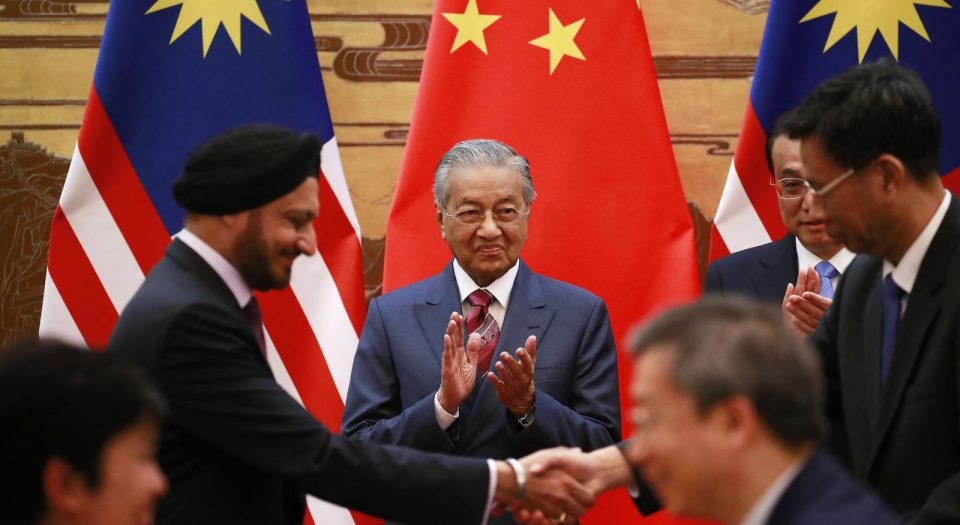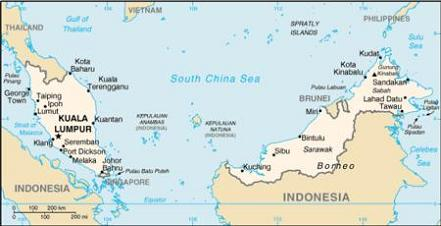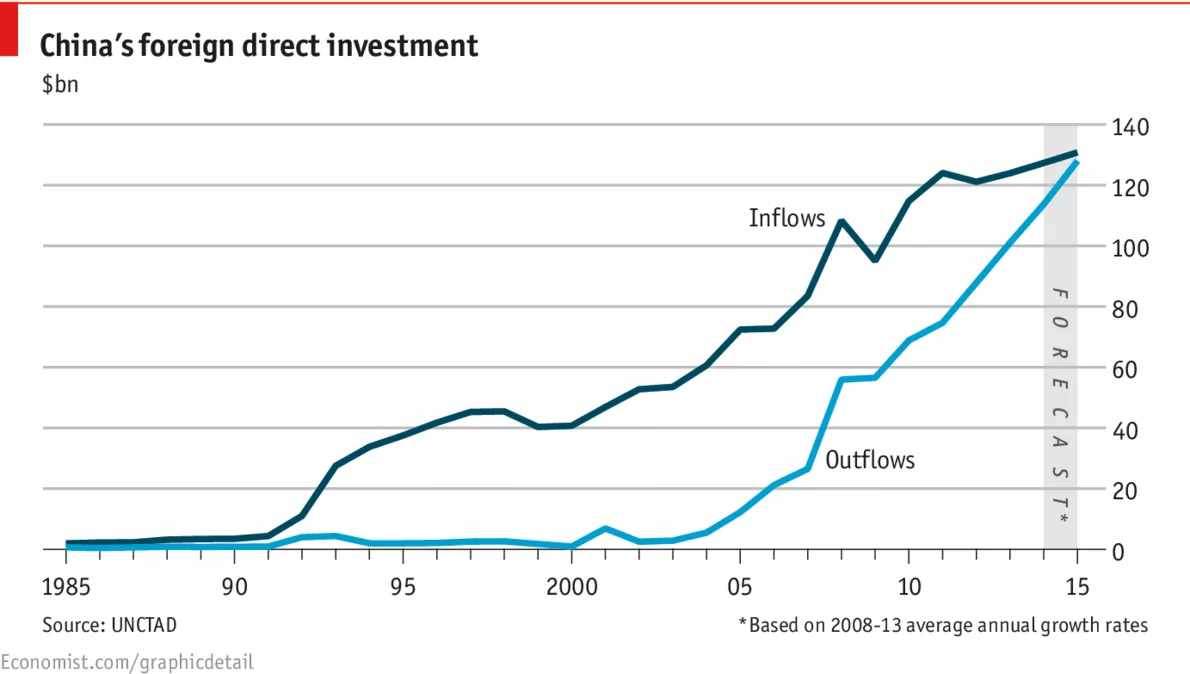Malaysia stresses on free trade
August 21, 2018 | Expert Insights

PM Mahathir Mohammad warns of a “new colonialism” during his recent visit to China.
Background
Malaysia is a federal constitutional monarchy located in Southeast Asia. It consists of thirteen states and three federal territories. Executive power is exercised by the federal government and the 13 state governments. Federal legislative power is vested in the federal parliament and the 13 state assemblies. The judiciary is independent of the executive and the legislature, though the executive maintains a certain level of influence in the appointment of judges to the courts.
The nation boasts one of south-east Asia's most vibrant economies, the fruit of decades of industrial growth and political stability. Despite government policies to increase income per capita in order to hasten the progress towards high income country by 2020, Malaysian citizens have on average an affluent lifestyle
The country has benefitted from its robust growth in manufacturing. Its economy has also grown due to the nation being a major tourist destination.
Malaysia’s most recent elections took place on May 9th. In a surprise result, Prime Minister Najib Razak lost the polls to his former mentor Mahathir Mohammed’s “Alliance of Hope”. Najib’s loss also meant the downfall of the Barisan Nasional’s (National Front) 61-year hold on power.


Read more on Mahathir Mohamad and the 2018 Malaysian General elections here and here.
Analysis
Malaysian prime minister Mahathir Mohamad has warned against “a new version of colonialism”, in a pointed expression of Asian unease about China’s increasing economic and political influence in the region.
The Malaysian leader has sharply criticised the deals as fronts for money transfers to help bail out Mr Najib’s corruption-ridden 1Malaysia Development Berhad fund and has vowed to renegotiate any “unequal treaties”.
“Free trade should also be fair trade”, said PM Mohamad, possibly referring to the deteriorating trade relations between the US and China.
The statement itself may highlight a growing problem for Malaysia. The Belt and Road Initiative (BRI) has several projects lined up for Malaysia, but it is also levying a huge debt burden on the economy.
Beijing and Kuala Lumpur also signed an agreement to renew a currency swap agreement between the two countries for another three years. The size, Rmb180bn ($26bn) or RM110bn ($26.8bn), was adjusted in ringgit terms to reflect the reduced value of the Malaysian currency since 2015.
Nor Shamsiah Mohd Yunus, Malaysian central bank governor who signed the renewal, last week liberalised Malaysia’s foreign exchange regulations for exporters, in what observers viewed as an effort to allay investor concerns as Mr Mahathir tries to address his country’s ballooning national debt.
A message hidden in plain sight was the subtle reference to China’s increasing political and economic clout in South East Asia, by means of well-coordinated investment agreements.
China’s net FDI outflows have risen at an astonishing rate over the past decade. The BRI is a conduit to connect a large network of infrastructure and connectivity projects, some of which are already under construction.
Malaysia is a beneficiary of several sea and land-based connectivity projects. However, as with the agreements under the BRI, funding for these projects is secured from China by means of a loan. The loan is either from one of the two largest National Banks in China or from the Silk Road Fund. Chinese companies are spearheading the development of these projects with domestic companies playing a minor part.
Therefore, Malaysia is correct in speculating the huge debt burden it will inherit once the projects are completed.
Assessment
Our assessment is that Malaysia needs robust foreign investment to counter the near free fall of the ringgit in the past few months. Malaysia is currently slated to receive $23bn in rail and pipeline deals from China under the BRI, but we feel that Malaysia will look to renegotiate the existing agreements signed under the former scandal-tainted Malaysian administration.








Comments